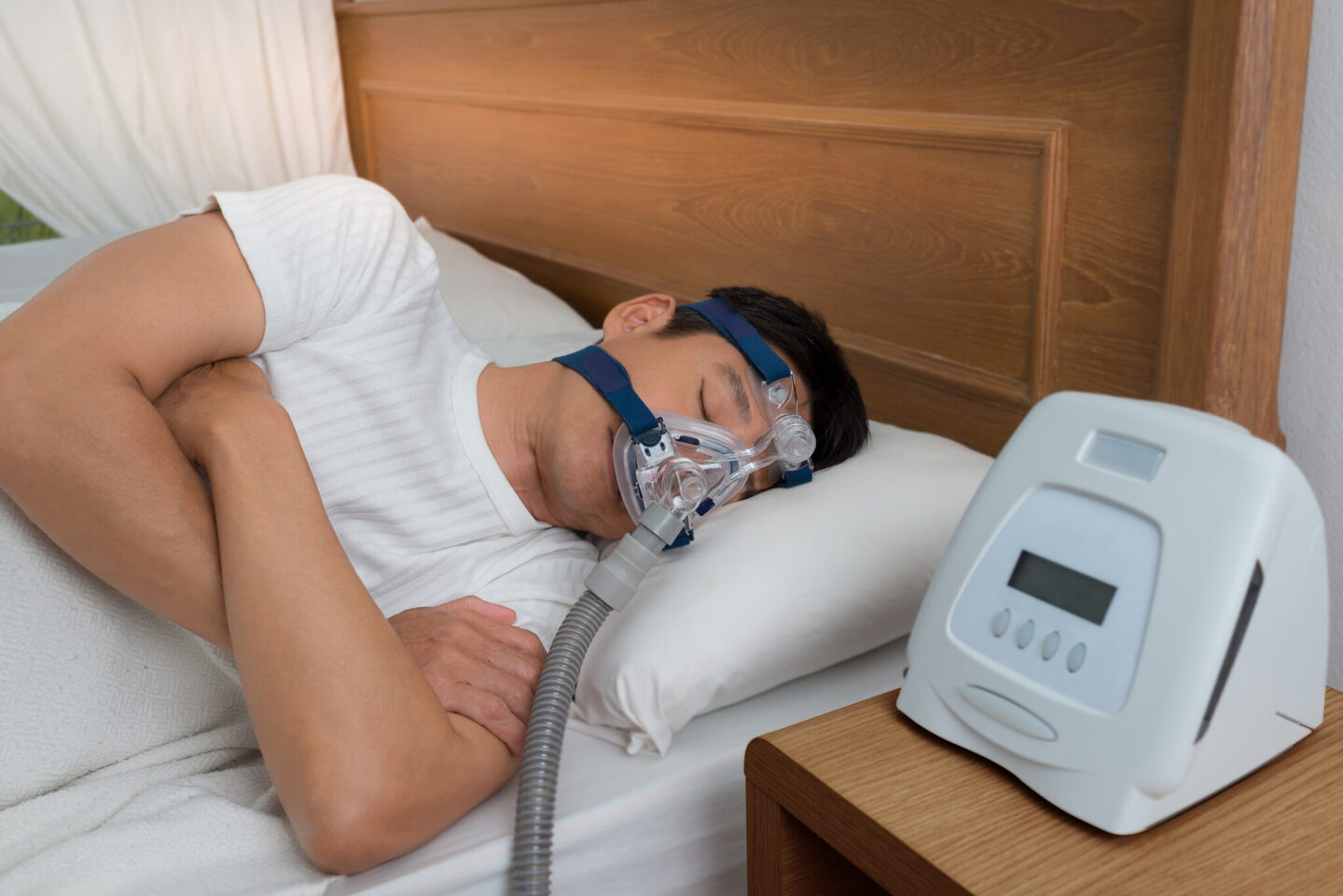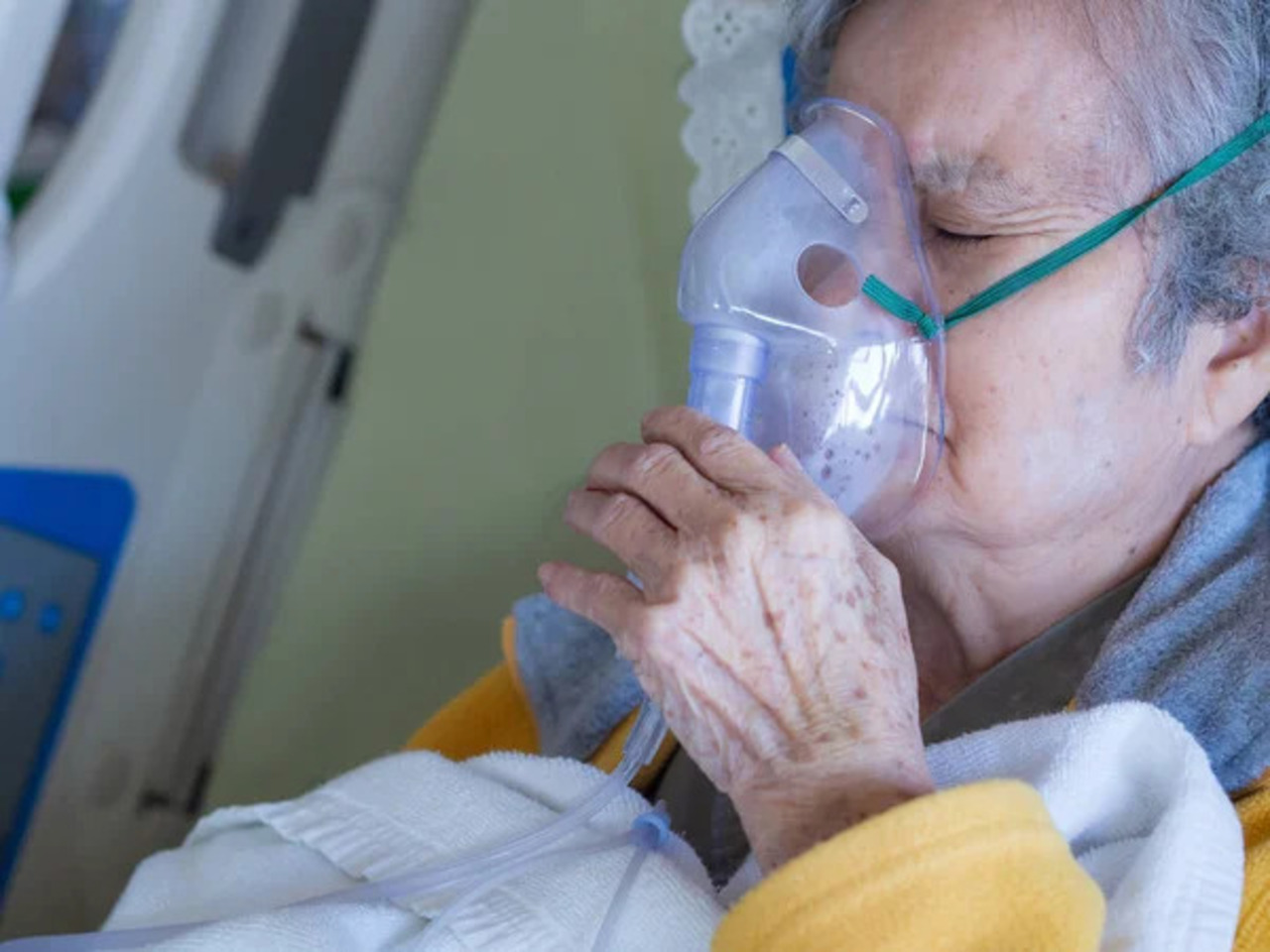
¿What is Sleep Apnea and How to Treat It?
Sleep apnea is a disorder characterized by repeated interruptions in breathing during sleep, preventing the body from receiving enough oxygen.
Sleep Apnea: Causes, Symptoms, Consequences, and Treatments
Sleep apnea is a disorder characterized by repeated interruptions in breathing during sleep, preventing the body from receiving enough oxygen. These breathing pauses can last from a few seconds to minutes and occur multiple times per hour.
Causes:
Sleep apnea can be classified as obstructive, central, or mixed. Obstructive sleep apnea (OSA) is the most common and occurs when the throat muscles relax excessively, blocking the airways. Factors such as obesity, enlarged tonsils, structural abnormalities in the airways, and alcohol or sedative use can contribute to its occurrence.
Symptoms:
- Loud and persistent snoring.
- Observed pauses in breathing during sleep.
- Sudden awakenings with a feeling of choking.
- Excessive daytime sleepiness.
- Difficulty concentrating and mood changes.
Consequences:
If left untreated, sleep apnea can lead to serious health problems such as high blood pressure, cardiovascular diseases, stroke, and type 2 diabetes. Additionally, daytime sleepiness increases the risk of workplace and traffic accidents.
Recommendations:
- Maintain a healthy weight.
- Avoid alcohol and sedatives before bed.
- Sleep on your side instead of on your back.
- Establish regular sleep routines.
Treatments:
- Continuous Positive Airway Pressure (CPAP) Therapy: This involves using a machine that provides constant air pressure to keep the airways open during sleep.
- Oral Devices: Appliances that adjust the position of the jaw and tongue to keep the airways open.
- Surgery: In severe cases, surgical procedures can be considered to remove or reduce tissue obstructing the airways, such as uvulopalatopharyngoplasty or maxillomandibular advancement.
- Hypoglossal Nerve Stimulation: An implantable device that stimulates the nerve responsible for tongue movement, preventing its collapse during sleep.
It is essential to consult a healthcare professional if sleep apnea is suspected to obtain an accurate diagnosis and appropriate treatment plan.











LEAVE A COMMENT:
Join the discussion! Leave a comment.